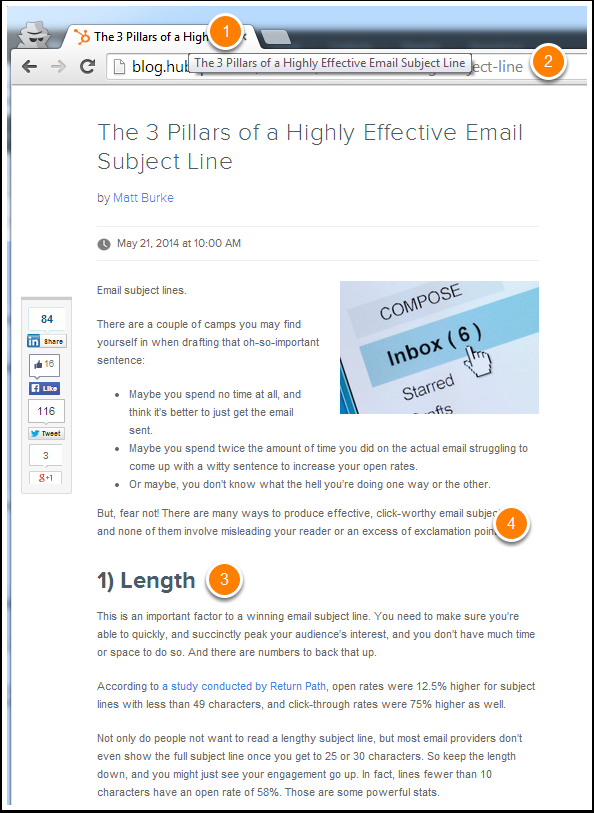The hospitality and commercial food service markets have countless solution providers competing for your business. How do the top dogs stand out on the Internet? The answer is related to their understanding of prospect needs and how those needs are addressed through search engine optimization and keywords they use in their web searches.
Search engine optimization is a necessity if you want your website to attract the right traffic. Keywords are a big part of the SEO equation, especially if you rely on organic search results, as opposed to paid ads, to drive traffic and attract prospects that self-identify thanks to your strategic use of marketing content.
Where to get started on improving your SEO? One sure winning path is a better understanding of your most effective keywords, and knowing which keywords provide the easiest path to a high search engine ranking. Keywords are something your marketing team should be testing and measuring each month, and should be a central part of your SEO plan.
Do you want to learn about tools available to help your keyword planning, and about some strategic ways to place your keywords? Then please keep reading.
There are a number of tools available to help with this process. Keyword Tool is a popular free tool, and Moz is one of many subscription services that also offers free useful research into keyword planning. Google used to offer a free keyword planning tool that is built in to AdWords, although this tool won’t give you accurate data unless you have an active AdWords campaign. HubSpot has a built-in keyword planning tool that PWMG uses.
Why should you care?
If your company has a good understanding of its ideal customers, then you should be pouring that knowledge into your keywords, because a solid keyword plan is proven to generate more of the right prospects. The best prospects will be looking for the same type of solutions that you already provide for your best customers.
Keywords are also used as a business to connect it to more information on a topic (problem, solution, product or service) that it knows more about than anyone else. For example, a local company that we’re friendly with recently decided to try and save some money by redesigning its website on its own. While the finished product certainly looked nice, and was built responsively to serve all possible browsing platforms, this new website went live without the company even considering what keywords should be used for page tags, headings, meta tags, links and body content. In fact, this company had no SEO plan at all.
At first, that may sound surprising to invest in a new website without considering SEO. But would it surprise you to know that fewer than 10 percent of B2B companies with revenues below $500 million are using marketing automation? It surprised me at first, because when I talk with small business leaders about the importance of measuring their marketing efforts, I never hear any disagreement. But this data demonstrates that most companies may like the sound of an accountable digital marketing program, but few actually understand how to approach this issue.
Well, we have started working with this local company to shape up it’s SEO plan, but I can’t emphasize enough the importance of SEO and keywords in your digital marketing efforts. At a time when nearly 60 percent of planned B2B purchase decisions are completed before a prospect even contacts a supplier, the answer to SEO success is clear: the path to better and more qualified prospects is through strategic marketing content and a focused SEO plan that includes keyword strategy.
Now I can’t tell you what keywords to use unless PWMG first has an opportunity to look at your business and do some keyword research. But I can tell you that once you have identified your top keywords (i.e., keywords that you can rank for), here are at least five places you can use them on your website to improve your SEO.
1: Page titles
Search engines scan your page titles, and use them as the actual link in search engine results. So you should make sure that your most important keywords are included in the title tags of your website pages.
2: Your website’s page URLs
3: Content headers
4: Website content
5: Meta descriptions
Where to Add Keywords on Website Pages

If you would like a free consultation with PWMG about your SEO approach, just drop us a line and we’ll be glad to schedule it right away!